Pool covers provide safety, convenience and energy efficiency. Covering your pool prevents anyone from falling in and accidentally drowning. It also keeps debris out of the pool, which significantly cuts down on maintenance. Safety being a top priority of all pool owners, pool covers are a necessary accessory worth investing in.
If you’ve done any research on pool covers, you may have been overwhelmed by the many options available and unsure which pool cover is the right one for you. So how do you choose? Here we’ll break down the different types of pool covers and give you the knowledge you need to determine which is the best swimming pool cover to suit your needs.
There are three basic types of pool covers: mesh, solid and automatic. Mesh covers allow sunlight and water to filter through, while solid covers completely block sunlight, water and debris from entering the pool. And an automatic swimming pool cover is just what it sounds like — automatic. It can be engaged with the push of a button or a flip of a switch. Let’s take a closer, more in-depth look at each type.
Mesh Safety Pool Covers
These can be custom fit to the shape of your pool, and are installed with a series of anchors and spring attachments. The many tiny holes of mesh pool covers allow water to filter through, which eliminates the need to remove standing water from the pool cover. It also makes them lighter in weight than their counterparts — the solid and auto pool covers — which allows them to be easily folded up and stored out of the way when not in use. Its light weight also allows for a less cumbersome installation than a solid pool cover.
The mesh material of these pool covers also allows light to filter through to the pool. This keeps the water warm, but the sunshine also encourages algae to grow on the walls of the pool, which means you’ll have to put more effort into getting your pool ready for swimmers come warmer weather. Also contributing to a dirtier pool is mucky water from leaves and other debris that seeps through the cover. And that water that filters through also might need to be occasionally pumped out of the pool to prevent overflowing.
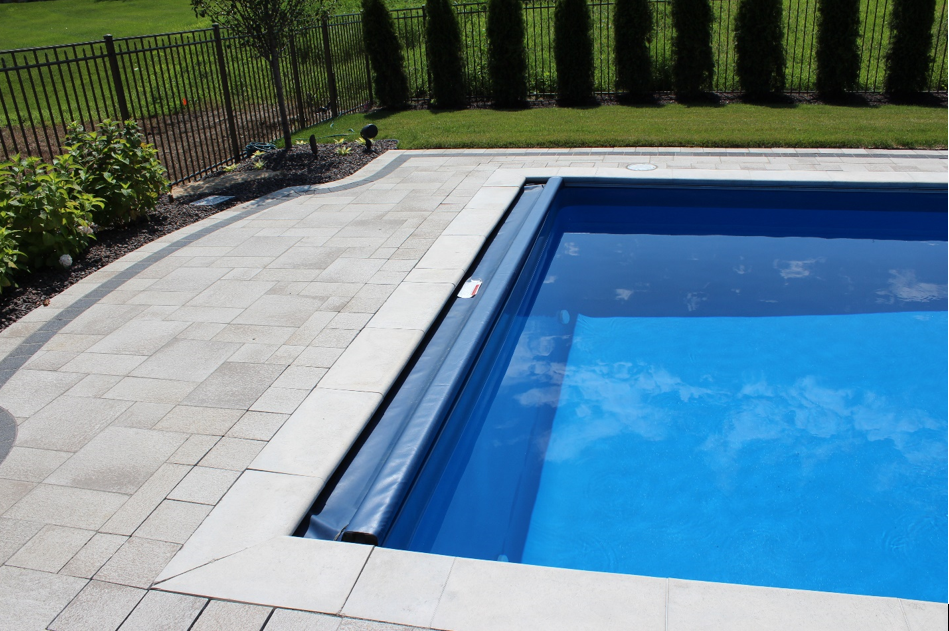
Solid Safety Pool Covers
These also can be custom fit to the shape of your pool and are secured to the deck with anchors and springs. They are usually made of vinyl, which makes them heavier than mesh, but they still can be folded up and stored when not being used. And the impervious material prevents any debris, water or sunlight from entering the pool. This means no algae growth or dirty water when you open your pool in the Spring/Summer, which equates to less maintenance. However, the water that accumulates on the cover will need to be pumped off, as well as any leaves or debris. But an automatic cover pump can be placed on the cover, which will turn on and off when water is detected.
Automatic Safety Pool Covers
Like solid pool covers, automatic pool covers are solid and sturdy. They offer the same benefits as well, while also providing the most safety of the three. But they, too, require a cover pump to remove accumulating water and that any debris be removed. However, for many homeowners, the ease of use outweighs any drawback. An auto pool cover is retractable and rolls up into itself — no need to find storage space. It engages with either a key, button/switch or touchpad, making it the easiest to use, by far.
With pros and cons for each type of swimming pool cover — mesh, solid and auto — you’ll need to decide which options best fit your family’s needs in order to choose the right one for you. In some cases, you might choose more than one — an automatic safety cover for during the season, and then a mesh safety cover for when your pool is winterized.
If you are in the Chicago area and want to learn more, contact Aqua Pools today or find a local independent builder near you.

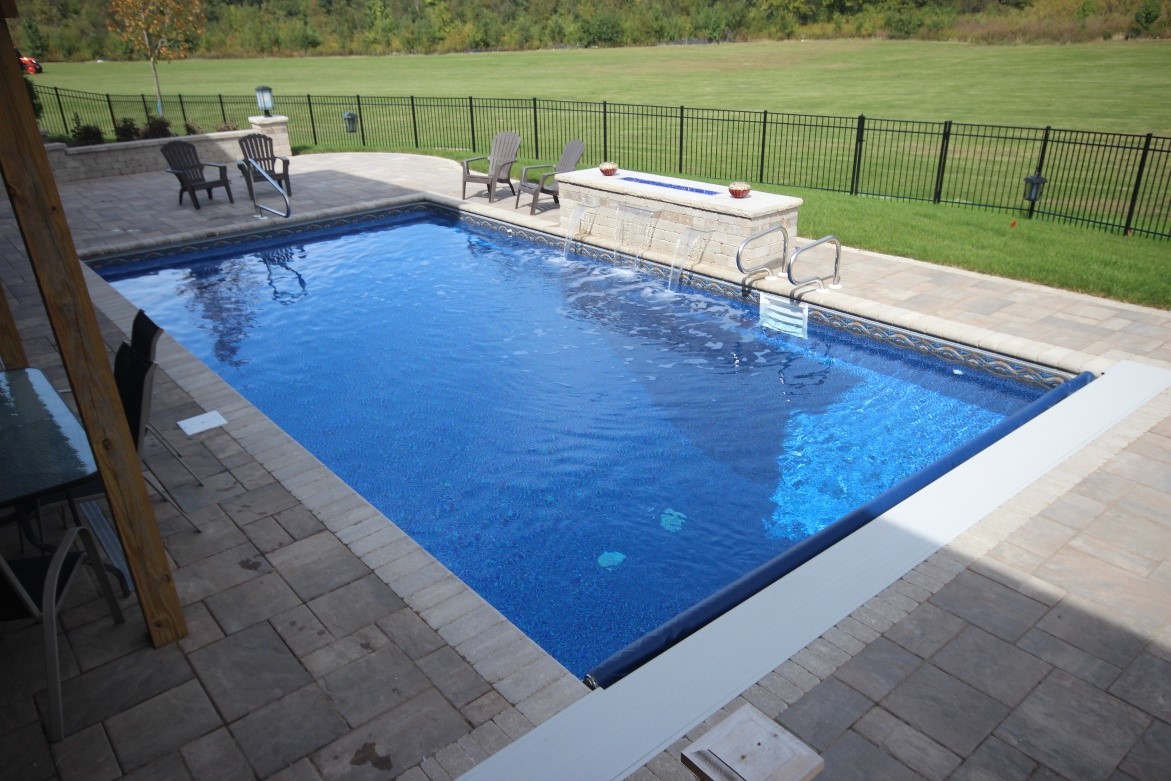

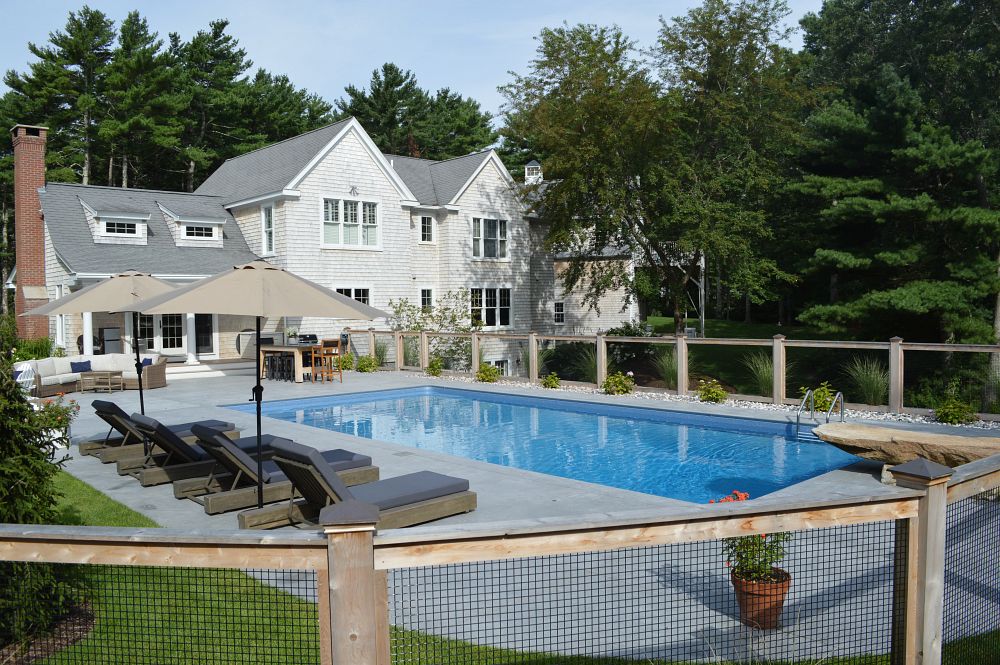
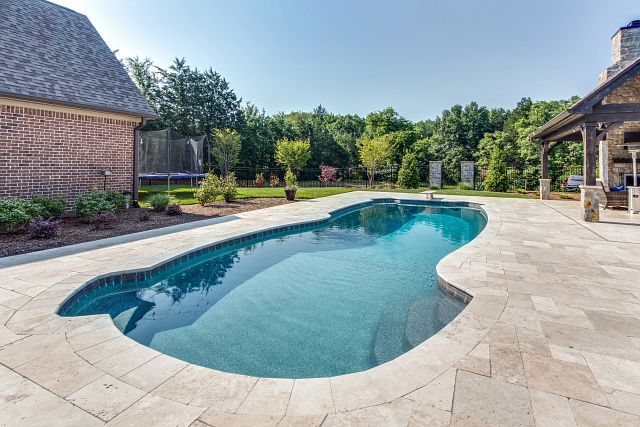
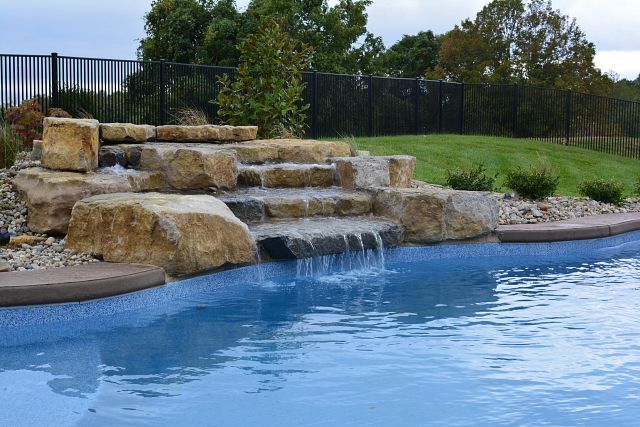
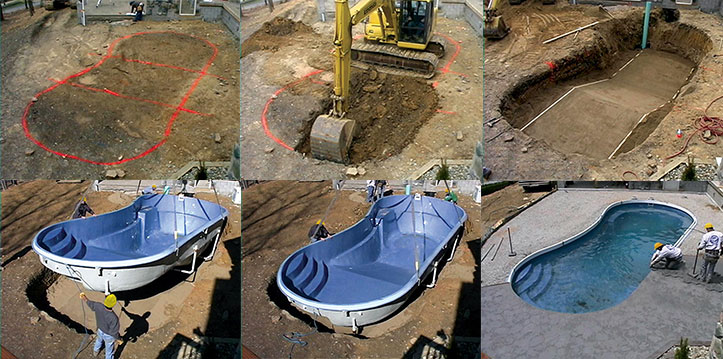
Join the discussion